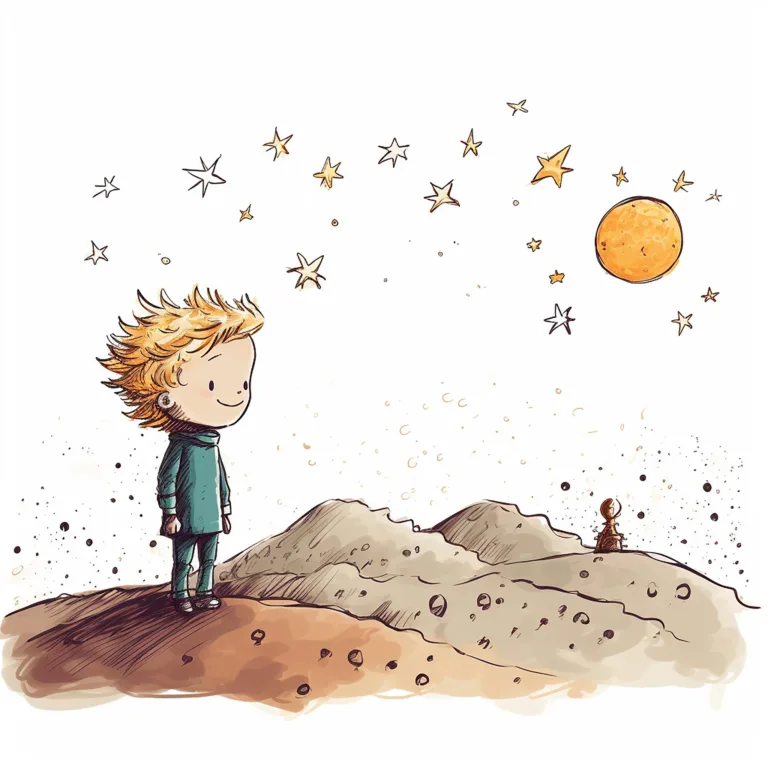The Little Prince (Le Petit Prince in the original French) is one of the most beloved children’s books of this generation. Published in both French and English in 1943, and later in more than 200 other languages, it is considered one of the greatest books in the 20th century and is one of the bestselling books of all time. Perhaps you have even read it for yourself or to a group of children. It is a story about a young prince who visits various planets, including Earth, to discover themes of loneliness, friendship, love, and loss. Behind every written story is a living story of an author.
Antoine de Saint-Exupéry was born on June 29, 1900 to a wealthy family living in Lyon, France. After his father died, his mother moved him and his four siblings to a relative’s house where Antoine was brought up in the lap of luxury and comfort. The year 1912 would change his outlook on life forever when he experienced his first airplane ride.
“Comme c’est excitant!” (How exciting!), I imagine this young boy saying, eyes full of wonder as he climbs higher and higher into the sky.
“Regardez comme ils sont petits en dessous!” (Look how small they are below!), he says as his mind dreams of flying to faraway places.
Even though Antoine was initially rejected from the naval academy in 1917, four years later he was given the opportunity to pursue his dream of flying by first becoming a mechanic and later a pilot in the army. After a failed relationship with a young woman, Antoine discovered his passion for writing, which he drew inspiration from his flying adventures. In 1926, he was enlisted by an aviation company to deliver air mail on routes between France, Spain, and North Africa and for the next ten years, Antoine would fly hundreds of flights and write of his experiences. Perhaps the most influential was in 1935 when he attempted to break the air-speed record between Paris and Saigon and his plane crashed in the Sahara desert. Antoine and his co-pilot wandered for many days, nearly dying before they were rescued by a roaming Bedouin.
From this experience came two novels:
- Wind, Sand and Stars (1939), a memoir that received the Grand Prize for Novel Writing from the Académie Française and the National Book Award in the United States.
- The Little Prince (1943) – a children’s book about a traveling prince that many adults enjoy as well
The beauty of language is that it gives wings to communicate the experiences that live in us. We go through experiences in life, good and bad, beautiful and tragic, and then we gather words to tell of these experiences and form connections with one another. ““What makes the desert beautiful,’ said the little prince, ‘is that somewhere it hides a well…” These words from The Little Prince can have an impact on the reader, but how much more impactful are they when we understand that the author wandered in a desolate desert for many days, almost dying of dehydration, and thus understanding more than most the preciousness of water in a dry land.
On July 31, 1944 Antoine de Saint-Exupéry left for a reconnaissance mission over occupied France and never returned. It wasn’t until the year 2000 when a scuba diver exploring the Mediterranean Sea near Marseille came across the wreckage of a plane that was later identified as belonging to Antoine. Though Antione is no longer here, his words continue to impact millions of people around the world.
You don’t need to be a famous explorer or world-renowned author in order to use words to share your experiences. If one language gives you wings, then learning another language will send you traveling to the moon. There’s no better place to start learning French, Spanish or Mandarin than Cultural Bytes’ One-on-one classes.








